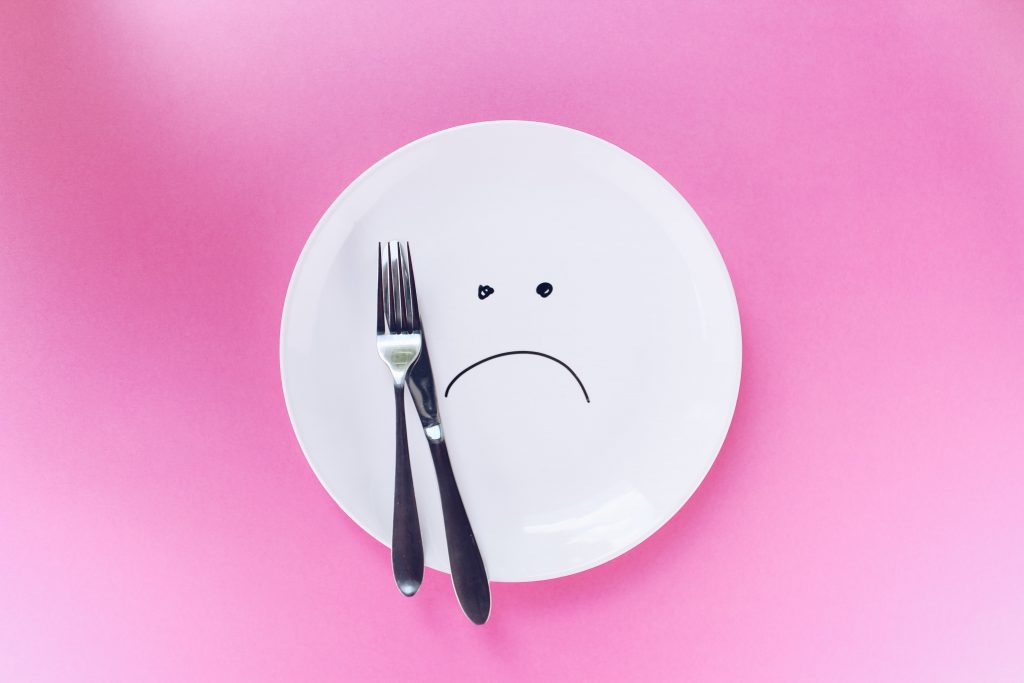One in two Americans are planning to never go on a diet again, according to new research.
The study asked 2,000 nationally representative Americans about their experiences with fad diets in the past and their plans for 2021.
Seven in 10 respondents also shared that diets that required strict rules never really work for them – and 53% said following a fad diet is always intimidating.
Half of respondents also shared they often encounter frequent yo-yoing when they diet – losing weight quickly just to gain it back after they stop dieting.
Conducted by OnePoll on behalf of the Zero fasting app, the survey found six in 10 respondents refuse to go on a diet in 2021.
The top reason these respondents are tossing their diets out the window is simply because they’re too restrictive.
Thirty-nine percent of those not planning to diet this year also said that diets just aren’t a sustainable way to make long-term changes.
The survey also asked respondents to share the most common struggles they faced when dieting and found the top dieting restriction respondents had a hard time with was cutting out junk food.
Other struggles included counting calories (42%), limiting their carb intake (37%) and weighing their food (29%).
The majority of respondents surveyed (approximately 1,500) had tried a fad diet in the past (based on a predetermined list) – and the top thing they would have done differently was talk to a dietician or nutritionist (46%).
Four in 10 regretted not researching the science behind the diet they pursued as well as not talking to their doctor.
With all of their past experiences in mind, nearly three-quarters of respondents want to focus on their health more holistically rather than following a diet in the future.
Seven in 10 respondents also shared they want to improve their metabolic health in 2021.
“We’re thrilled to see so many Americans want to improve their metabolic health,” says Mike Maser, CEO of Big Sky Health — the creators of the Zero fasting app. “Backed by science, fasting is a great tool to improve metabolic health, as it can lower blood pressure, increase insulin resistance, improve quality of sleep, alongside many other benefits.”
Nearly six in 10 respondents (58%) have tried intermittent fasting at some point in their lives – and the top benefits they wanted include better metabolic health and a better metabolism (both at 38%), and more energy and better mental clarity (both at 37%).
Over half of all respondents surveyed said they believe intermittent fasting can be a sustainable practice they could fit into their lifestyles.
Fifty-eight percent of respondents also said that they were at least somewhat aware that intermittent fasting could have benefits outside of weight loss.
As respondents plan for the year and their health decisions, baby steps might be the way to go.
Seven in 10 respondents said they instantly feel more confident in themselves when they make just one healthy decision a day – an average boost of 41% in fact.
The easiest healthy decision respondents are taking as a win included opting for water rather than a sugary drink, getting a full eight hours of sleep and simply eating a salad.
“As we saw in the survey results, fad diets tend to be too restrictive and not a long-term solution for achieving whole body health,” Maser added. “Living a healthier lifestyle doesn’t have to be difficult—as we’ve seen in the Zero community, it’s often as simple as making one small change at a time.”
TOP INSTANT HEALTHY DECISIONS
Drinking water instead of a sugary drink - 44%
Getting 8 hours of sleep - 37%
Eating a salad - 34%
Exercising for 20-30 minutes a day - 32%
Opting for a side salad instead of fries - 30%
Having mental clarity / no more brain fog - 28%
Drinking a green juice/smoothie - 28%
Eating a piece of fruit - 25%
Putting fruit in their water - 24%
Taking a vitamin - 24%
Getting 10,000 steps a day - 21%
Making dinner instead of ordering out - 20%
Taking the stairs instead of the elevator - 20%
Not having desert - 16%
Drinking lemon water - 16%
Buying a refillable/reusable water bottle - 16%
Drinking an herbal tea instead of coffee - 13%
Touching their toes - 13%
Drinking a diet soda - 13%
Putting on Chapstick - 11%
Drinking decaf coffee - 10%
Drinking kombucha - 9%
Wearing blue light glasses - 9%
TOP DIETING RESTRICTIONS THAT MAKE IT HARD TO FOLLOW
Cutting out junk food - 44%
Counting calories - 42%
Cutting out / limiting carbs - 37%
Ingredient-based diets (Whole30, Atkins, Keto, etc) - 30%
Weighing their food - 29%
High protein intakes - 21%
